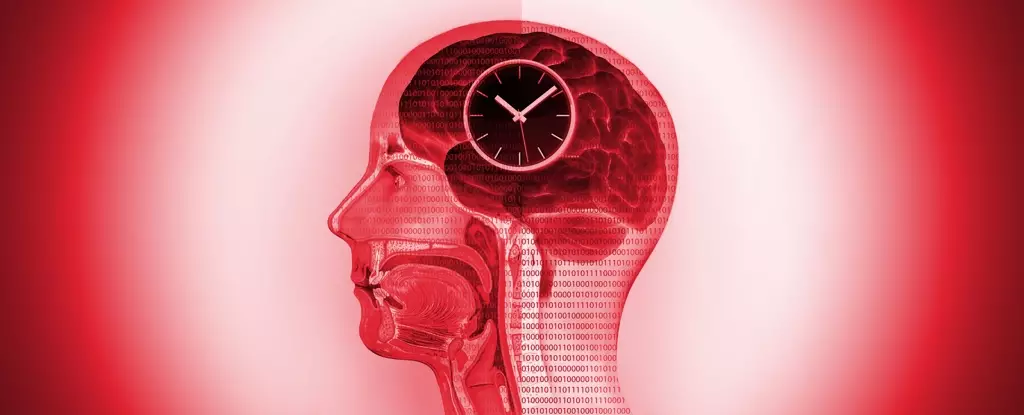Recent scientific inquiries have unveiled transformative findings regarding the relationship between intermittent caloric restriction and its impact on both gut health and brain functionality. Researchers from China have embarked on a critical exploration into how brief periods of calorie restriction can significantly influence weight management. Their study, meticulously designed over 62 days with 25 participants considered obese, highlights the intricate dance between dietary habits, the gut microbiome, and brain behavior—a revelation that stands to reshape our understanding of obesity and weight maintenance.
Study Design and Outcomes: A Closer Look
Throughout the study, participants adopted an Intermittent Energy Restriction (IER) regimen characterized by designated fasting days in conjunction with strict caloric limits on consumption days. The results were compelling: participants shed an average of 7.6 kilograms (approximately 16.8 pounds), translating to 7.8% of their body weight. This pronounced weight loss was not merely a numeric achievement but was accompanied by significant changes detectable via functional magnetic resonance imaging (fMRI) scans. These scans revealed alterations in brain areas associated with appetite regulation and addiction—a promising indication that our brains can indeed be rewired to adopt healthier eating patterns.
Complex Interactions: The Gut-Brain Axis
The study’s findings emphasize more than just weight loss; they unveil the dynamic interplay between the gut microbiome and brain functions. As researchers vigorously investigated these relationships, they noted patterns where particular gut bacteria, such as Coprococcus and Eubacterium hallii, appeared to play counterproductive roles in regulating brain activity associated with impulse control over eating. This bidirectional communication raises intriguing questions about whether manipulating gut health could provide a viable pathway for managing obesity by impacting how our brains process hunger signals.
Xiaoning Wang, a prominent medical scientist involved in the study, articulated the essence of this connection by explaining how the microbiome produces neurotransmitters that travel through nerves to the brain, influencing our cognitive processes. The idea that our dietary choices not only affect our gut flora but could also potentially overhaul our brain chemistry adds layers of complexity to our understanding of eating behavior.
Implications in the Fight Against Obesity
Given that over a billion individuals globally grapple with obesity—an epidemic linked to severe health complications, ranging from cancer to cardiovascular diseases—the implications of these findings are profound. They suggest that a multifaceted approach, combining diet modification and potential brain-targeted therapies, could revolutionize obesity interventions. As we acknowledge the complexity of factors influencing obesity, this discovery leads us closer to innovative techniques that leverage our understanding of the gut-brain relationship.
The research underscores a pivotal question: How can we harness this knowledge to design effective weight management strategies? While the underlying mechanisms of gut-brain communication, particularly among individuals with obesity and during phases of weight loss, remain to be elucidated, the momentum created by this research demands further investigation.
Future Directions: Understanding the Links Between Diet and Mental Health
As the landscape of nutritional science evolves, we find ourselves at a critical juncture where understanding the interconnectedness of diet, gut health, and brain functionality could inform not only obesity treatment but broader mental health outcomes. The duality of influence—where gut bacteria can affect brain behavior while the brain oversees dietary choices—opens pathways for future research geared towards understanding how specific dietary interventions might enhance mental resilience and physical health.
While the journey to fully comprehend the gut-brain nexus continues, the present findings serve as a catalyst for future innovations. In not only confronting obesity but also enriching our understanding of neurobiology, the potential to revolutionize health outcomes through dietary changes becomes ever more tangible. The road ahead may be long, but the insights gleaned from such remarkable studies offer hope and direction in the quest for healthier living.


Leave a Reply